From advanced biology internships, research in cell and molecular biology, and biology courses focused on current scientific trends, you’ll get a breadth of real-world experiences guaranteed to prepare for a career in biology or further education in graduate school.
-
- Special Programs
- Honors Guild
- Pre-College International Programs
- Pre-Med
- Pre-Major
- ROTC
- All Special Programs
-
- Financial Aid
- Financial Aid
- Scholarships
- Loans
- Grants
- Federal Work Study
- Additional Resources
-

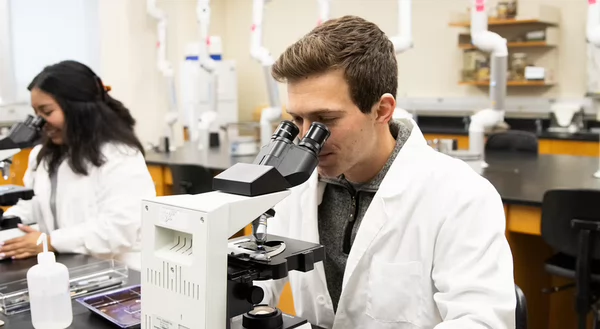
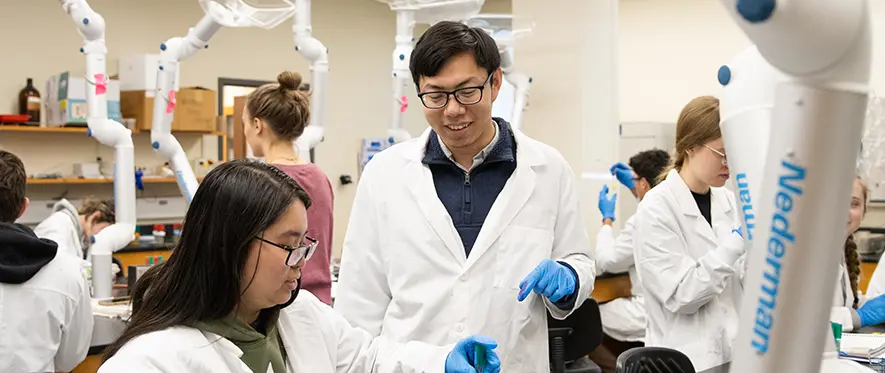
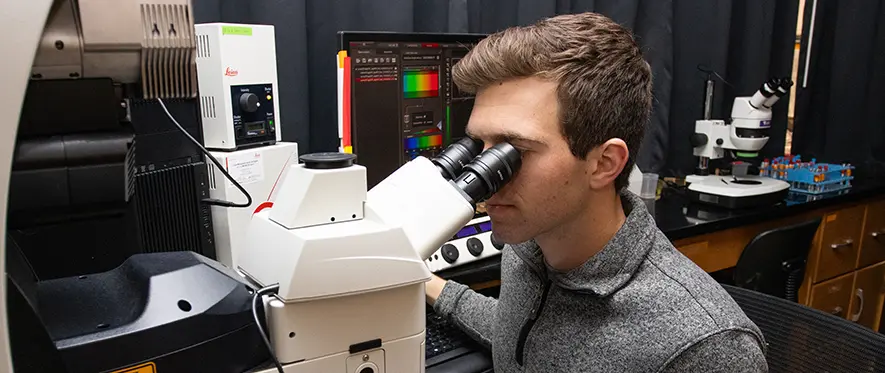
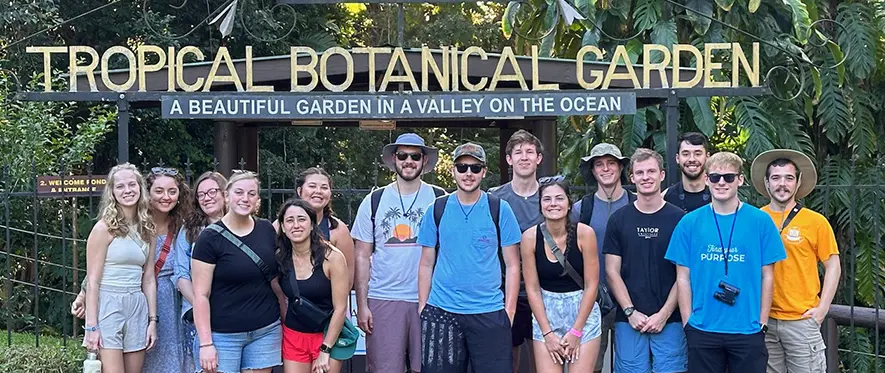
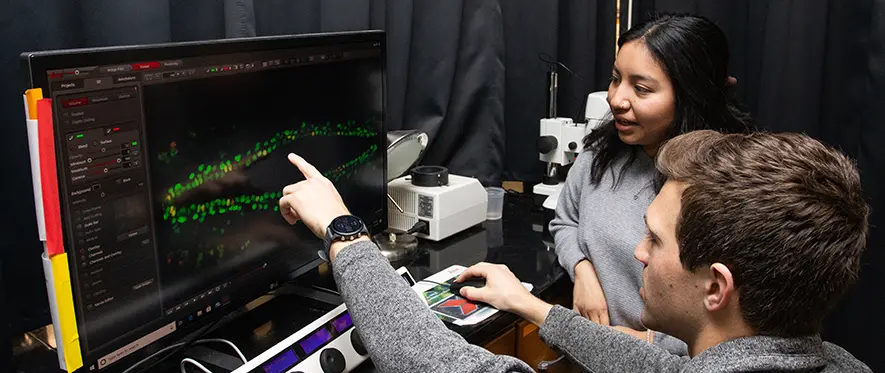
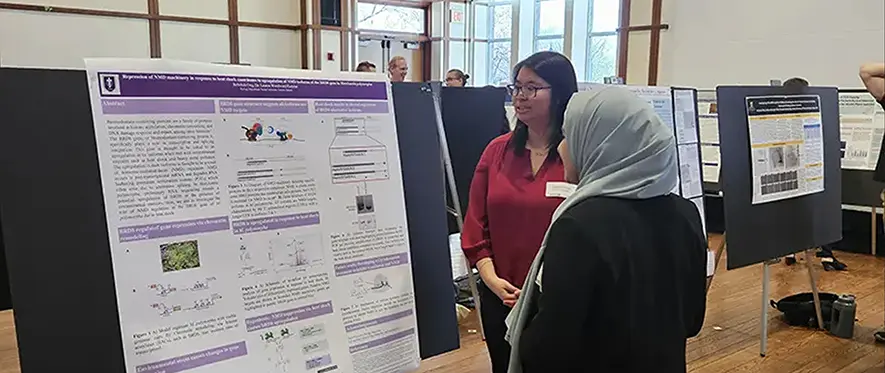

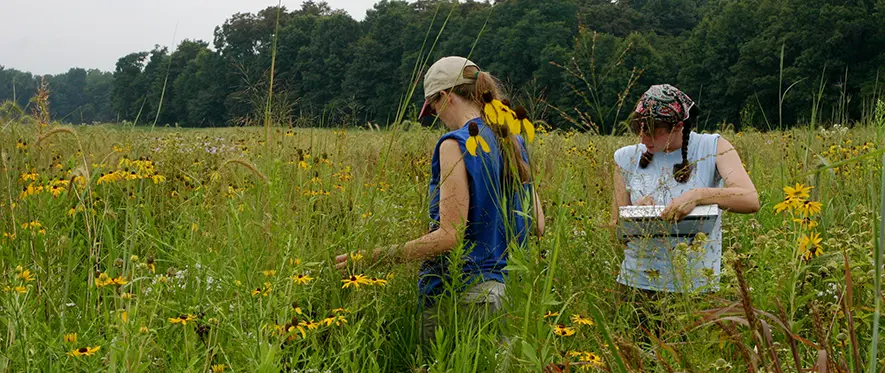
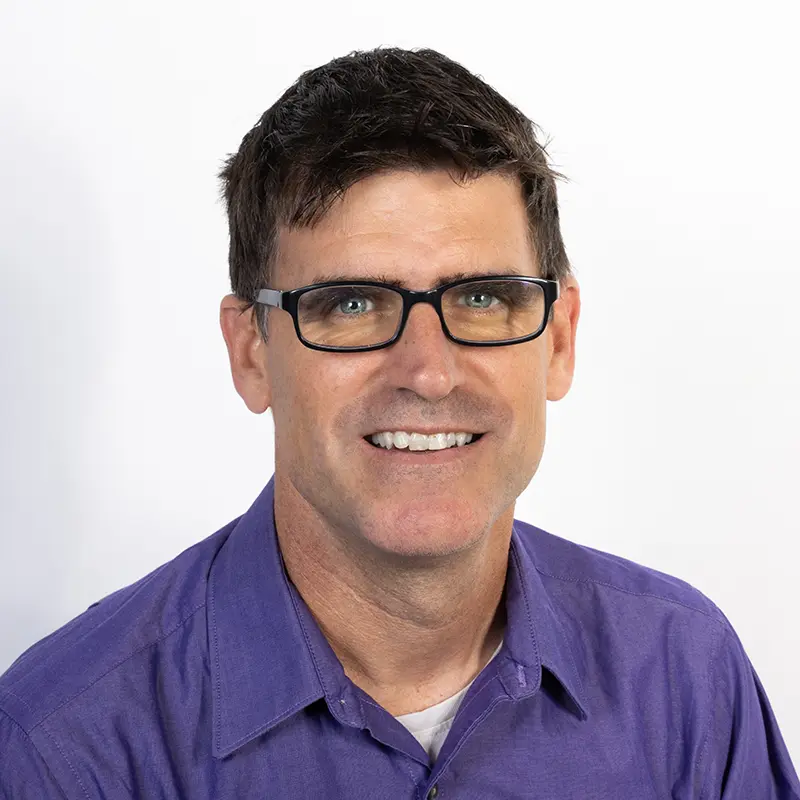
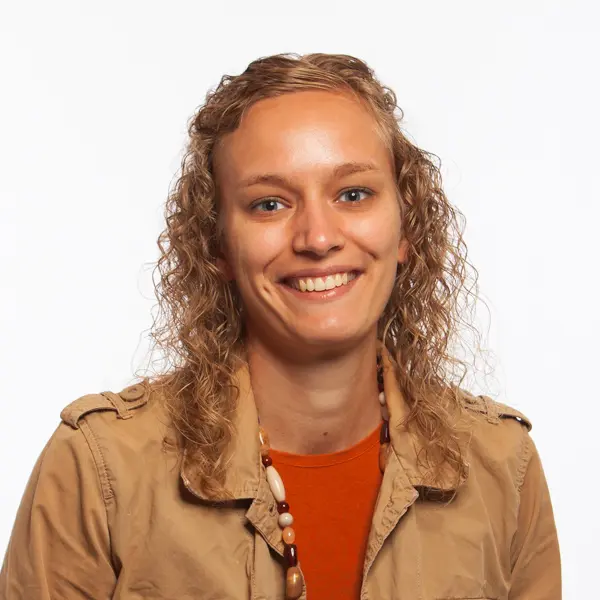





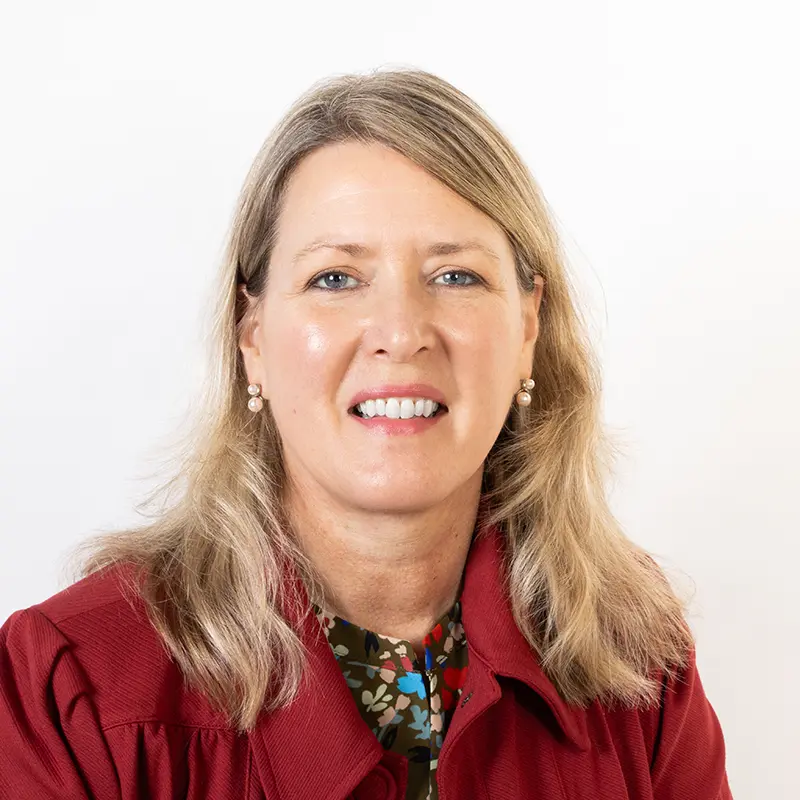
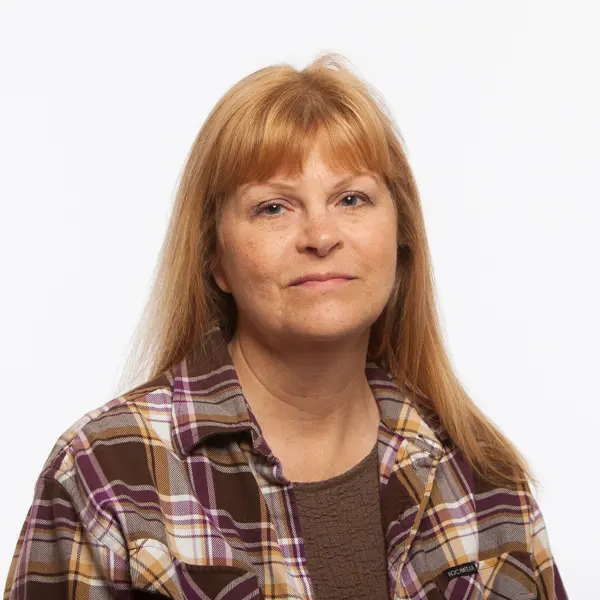


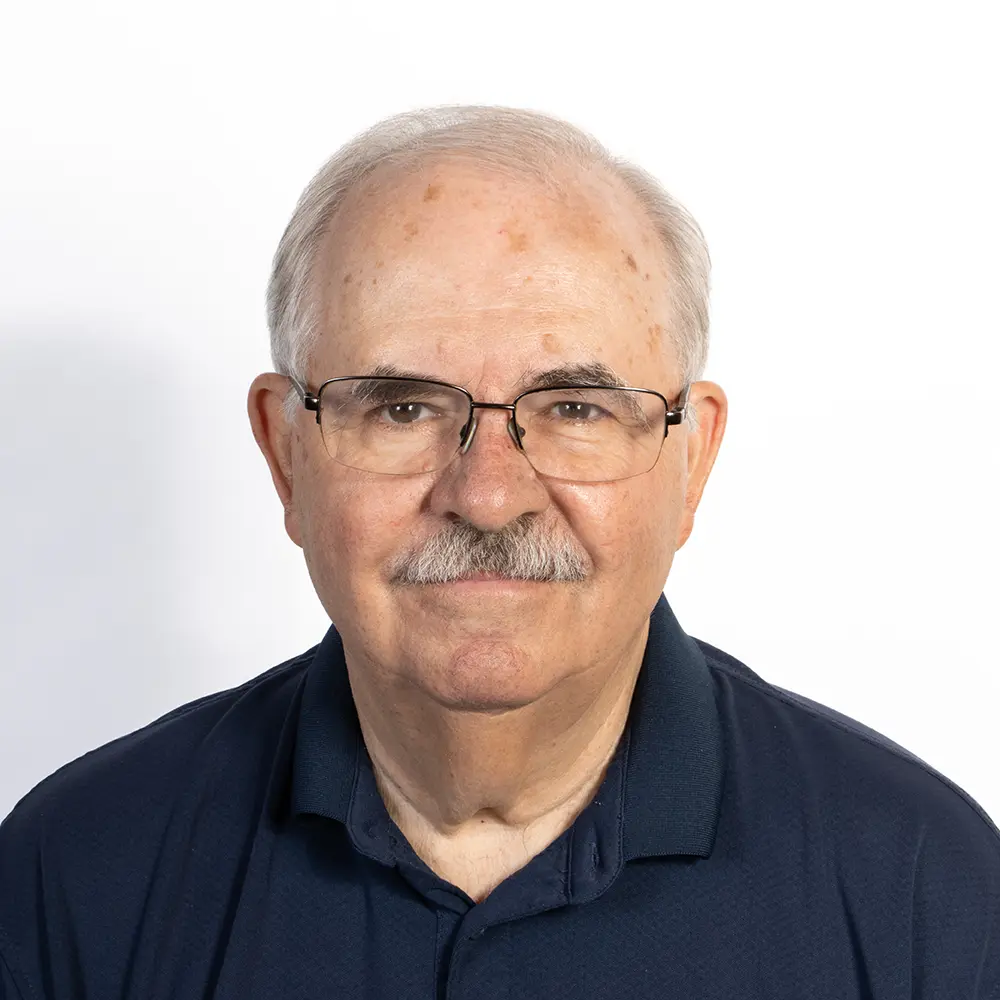

Taylor Partners with Washington University’s #1 Ranked Physical Therapy Doctorate Program
Taylor University has recently secured an articulation agreement with Washington University in St. Louis’ Doctor of Physical Therapy program.
Environmental Science Senior Joins Construction Industry
Environmental Science senior Emerson Smith never imagined that she would work in the construction industry, but that is exactly where she is headed for a full-time role after graduation.
Taylor Alumna Shares Story of Becoming a Craniofacial Surgeon
Dr. Katelyn Makar '09 is a pediatric craniofacial surgeon at Riley Children’s Hospital and an assistant professor of surgery at the Indiana University School of Medicine.
Students Explore Tropical Biology and Culture in Hawaii
15 Taylor students got real-life exposure to tropical biology and Hawaiian culture during J-term.
Dr. Jessica Outcalt ‘16 Promotes Conservation Work
Dr. Jessica Outcalt is an Agriculture, Natural Resources, and Community Development Educator with Purdue Extension–Cass County.
HEART Village Gives Students Sustainability and Missions Experience
HEART Village is operated by Echo International for the purpose of preparing families and individuals for developing-world conditions and self-sustainability.
Summer Research Projects Grow Depth of Knowledge
Most classes may have been out for the summer, but faculty-mentored research projects in music, biology, biochemistry, engineering, and more were in full swing across campus.
Biology Professors, Students Conduct DNA Research
Professor Elizabeth Hasenmyer and Dr. Sarah Justice, Assistant Professors of Biology, are collaborating to give students firsthand experience with DNA sequencing.
Taylor Partners with Washington University’s #1 Ranked Physical Therapy Doctorate Program
Taylor University has recently secured an articulation agreement with Washington University in St. Louis’ Doctor of Physical Therapy program.
Environmental Science Senior Joins Construction Industry
Environmental Science senior Emerson Smith never imagined that she would work in the construction industry, but that is exactly where she is headed for a full-time role after graduation.
Taylor Alumna Shares Story of Becoming a Craniofacial Surgeon
Dr. Katelyn Makar '09 is a pediatric craniofacial surgeon at Riley Children’s Hospital and an assistant professor of surgery at the Indiana University School of Medicine.
Students Explore Tropical Biology and Culture in Hawaii
15 Taylor students got real-life exposure to tropical biology and Hawaiian culture during J-term.
Dr. Jessica Outcalt ‘16 Promotes Conservation Work
Dr. Jessica Outcalt is an Agriculture, Natural Resources, and Community Development Educator with Purdue Extension–Cass County.
HEART Village Gives Students Sustainability and Missions Experience
HEART Village is operated by Echo International for the purpose of preparing families and individuals for developing-world conditions and self-sustainability.
Summer Research Projects Grow Depth of Knowledge
Most classes may have been out for the summer, but faculty-mentored research projects in music, biology, biochemistry, engineering, and more were in full swing across campus.
Biology Professors, Students Conduct DNA Research
Professor Elizabeth Hasenmyer and Dr. Sarah Justice, Assistant Professors of Biology, are collaborating to give students firsthand experience with DNA sequencing.